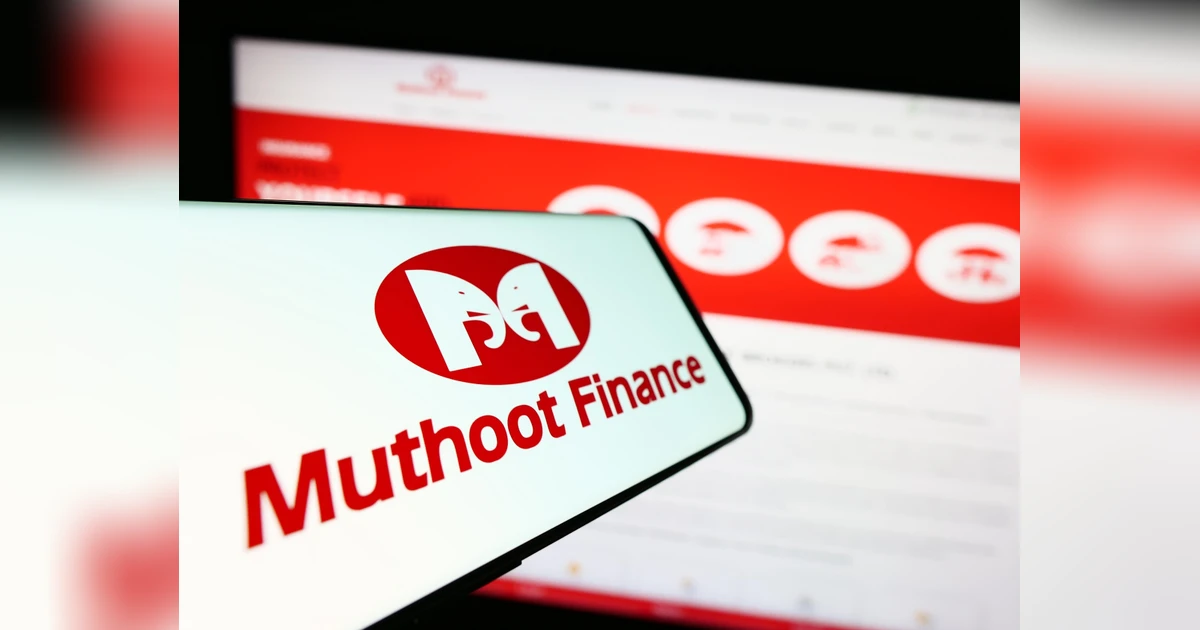Car Loan Boom: Are Rising Costs a Threat to Ireland's Economy?

Are Rising Car Loan Rates a Cause for Concern in Ireland?
Ireland's car market has seen a significant surge in activity, fuelled in part by readily available and increasingly expensive car loans. But is this a sign of a healthy economy, or are we heading for trouble? Let's delve into the data and explore the potential risks and rewards of this trend.
The Rising Cost of Wheels
The price of a new car in Ireland isn't exactly a bargain. According to Statista, the average new car costs around €35,000. While that might seem steep, it’s crucial to consider it in relation to average earnings. In 2024, the average annual wage in Ireland sits at €55,491. On the surface, this suggests that purchasing a new car is potentially manageable for a significant portion of the population.
The Loan Factor: A Closer Look
However, the picture becomes more complex when we factor in car loans. Interest rates have been steadily climbing, making borrowing more expensive. This means that while the initial car price might seem reasonable when compared to wages, the total cost over the loan term can be considerably higher. Many buyers are stretching their budgets to secure a vehicle, and the potential for financial strain is a growing concern.
Economic Implications: What Could Go Wrong?
Several potential economic pitfalls could arise from a widespread increase in car loan debt:
- Increased Household Debt: Higher car loan payments can squeeze household budgets, leaving less disposable income for other essential goods and services.
- Default Risk: If the economy slows down or unemployment rises, borrowers may struggle to keep up with their loan repayments, leading to defaults.
- Impact on Consumer Spending: As more income is diverted to car loan payments, consumer spending in other areas could decline, potentially dampening economic growth.
- Ripple Effect on the Financial Sector: A significant rise in car loan defaults could negatively impact banks and other financial institutions.
Positive Aspects & Considerations
It's not all doom and gloom. A healthy car market can stimulate employment in the automotive industry and related sectors. Furthermore, increased car ownership can improve mobility and access to opportunities for individuals and families.
The Role of Central Bank and Government
The Central Bank of Ireland plays a crucial role in monitoring lending practices and ensuring financial stability. Government policies, such as incentives for electric vehicle purchases or support for public transportation, can also influence car ownership patterns and mitigate some of the risks associated with car loan debt.
Conclusion: A Balancing Act
The current surge in car loans presents a mixed bag for the Irish economy. While it reflects a degree of consumer confidence and supports certain industries, the rising interest rates and potential for increased household debt warrant careful monitoring. A balanced approach, combining responsible lending practices, prudent government policies, and informed consumer decisions, is essential to navigate this evolving landscape and avoid any long-term economic repercussions. It's vital to remember that affordability and financial responsibility should always be prioritized over the allure of a new car.





